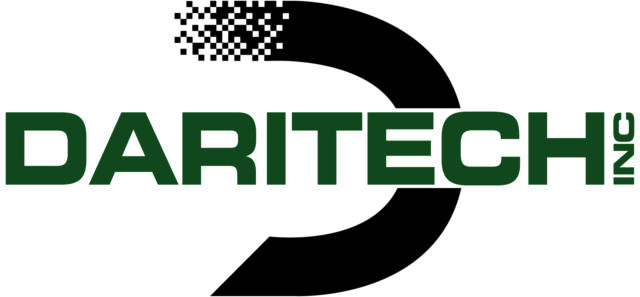AgriLabs is teaming up with Epitopix to bring a first-of-its-kind autogenous klebsiella mastitis vaccine with SRP technology. With Klebsiella pneumoniae mastitis, cattle production losses and death due to intramammary infection (IMI) are overall higher when compared to E. coli.
Additionally, the economic impact of this disease can result in a daily milk loss of as much as 15 to 20 pounds. While this can be distressing, dairy producers now have a unique solution to help manage klebsiella mastitis in their herds.
A new breed of product for klebsiella
Klebsiella mastitis historically has been linked to sawdust or shaving-based bedding. However, recent studies from Cornell University have shown that klebsiella is commonly shed in fecal material of cows. Compared to E. coli, this disease seems to be more severe and the response to treatment appears to be poorer.
The klebsiella vaccine technology is fundamentally different from other autogenous options because it utilizes SRP (siderophore receptor and porin proteins) technology. Disease-causing bacteria, like klebsiella, require iron for growth and survival.
When vaccinated with SRP, the cow’s immune system is stimulated to make antibodies against the targeted siderophore receptors and porins, located in the outer wall of the bacteria. These antibodies bind and block transfer of iron and nutrients through bacterial cell wall pores, starving bacteria of needed nutrients, specifically iron.
Recent studies of the klebsiella vaccine with SRP technology indicate a good level of evidence of improvement over time. Within the first three to six months of vaccination, producers are seeing an overall improvement with a reduction in severity and reduced culling. After six to 18 months, dairy veterinarians and producers have reported a reduction in mastitis rate.
Epitopix manufactures the klebsiella mastitis vaccine with SRP technology, and AgriLabs is the exclusive distributor. PD
—From AgriLabs news release






